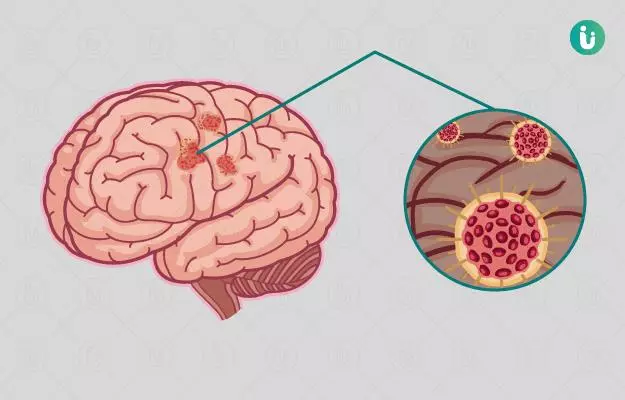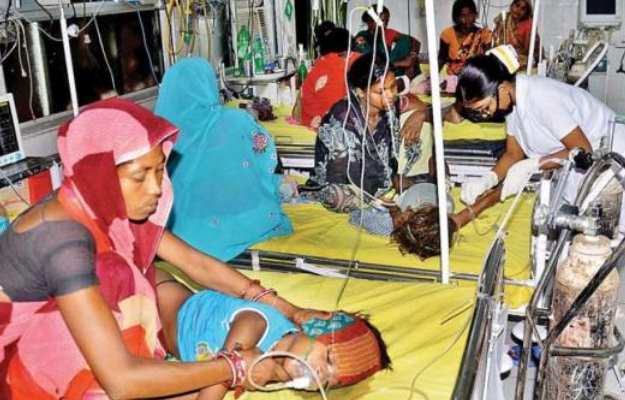Chamki fever, Muzzafarpur Encephalitis or Acute Encephalitis Syndrome (AES), the terms have been making headlines for almost a month now, instilling fear amongst the masses. With the death toll rising every week and an apparent absence of the exact cause, it is quite obvious to be worried about the condition.
AES is quite a broad term, used to denote a number of conditions caused due to viral, bacterial or parasitic infection. Regardless of the cause, all these conditions manifest in the form of similar symptoms including confusion, delirium, seizures, and hallucinations. Though no reports of a specific pathogen have come up so far, most cases with a poor outcome have been suggested to have two things in common: malnourishment and having lychee on an empty stomach. Reports published by the National Center for Disease Control (NCDC), India and Center for Disease Control (CDC), US suggest that most severe cases of Chamki fever were those admitted with a blood sugar level less than 70mg/dL. It has further been indicated that the symptoms of neurological illness in Bihar is non-inflammatory encephalopathy rather than AES, raising concerns if it is a metabolic condition rather than an infectious disease that has taken so many lives in all these years.
Encephalopathy is a condition characterised by symptoms that are quite similar to AES but unlike AES, it is caused due to brain damage as a result of an injury, trauma, lack of oxygen or in this case, hypoglycemia (low blood sugar levels).
The presence of blood glucose lowering ingredients such as MCPG and hypoglycin in lychee has further augmented the possibility that this fruit may have an association, however indirect, in worsening the condition.
But how?
Well, if you look at the statistics, you’ll realise that the undernourishment problem is the most prevalent in Bihar, with a major fraction of children being prone to low BMI and anaemia. With it being the centre of lychee production in the country, the link between the two becomes quite clear. In fact, according to a report published in the Journal ‘Emerging Infectious Diseases’, there is a direct correlation between the onset of neurological illness and lychee season in that the states which harvested lychee in the month of June-July observed a rise in cases later than the areas where the fruit was harvested in May-June.
Does this mean lychee is completely safe to consume?
The answer may not be as easy as it seems. There is an increasing need to spread awareness about the malnourishment problem, especially in endemic areas and lychee growing states in the country. Also, you should be aware of your own nutritional status to ascertain if you are safe from the condition and most importantly avoid eating lychee on an empty stomach. By spreading the right information and avoiding rumours can the condition be managed with ease.








